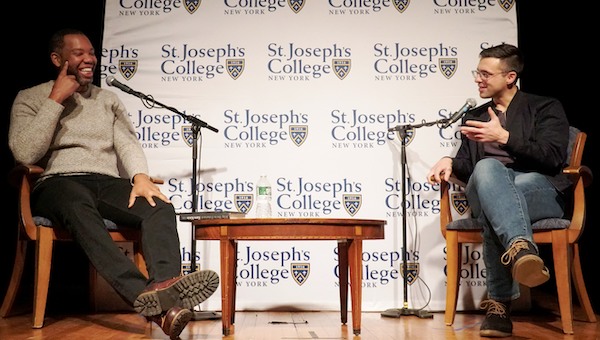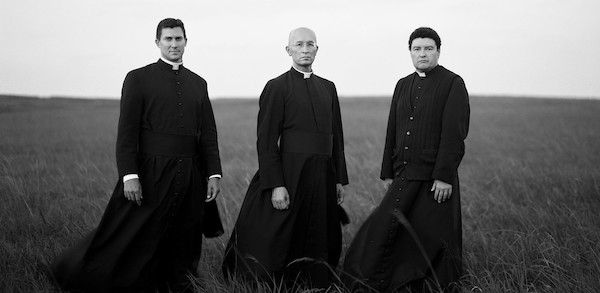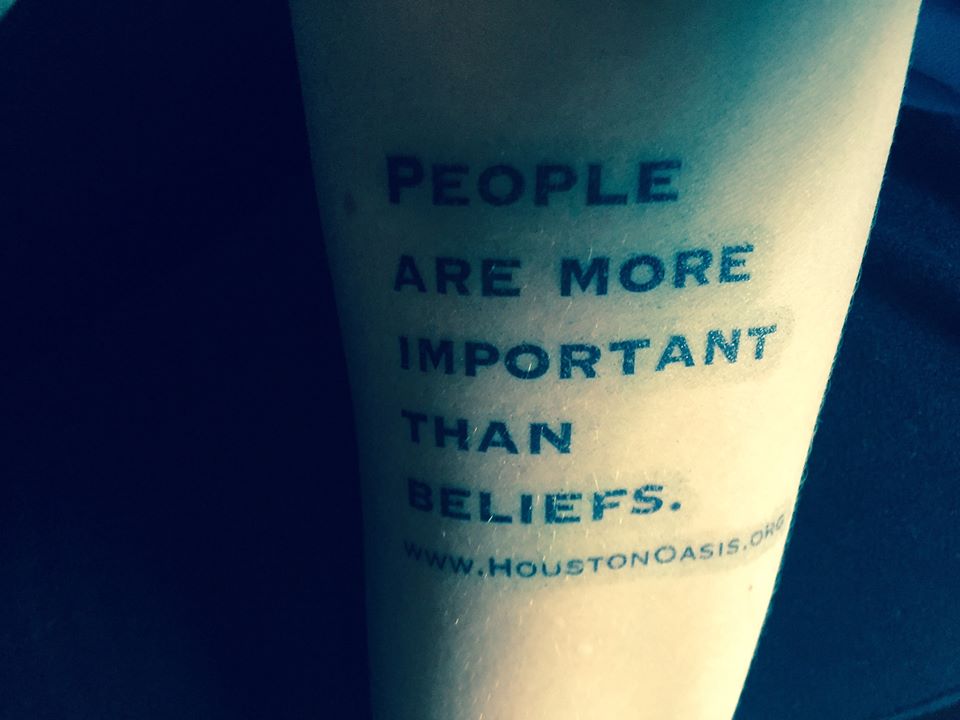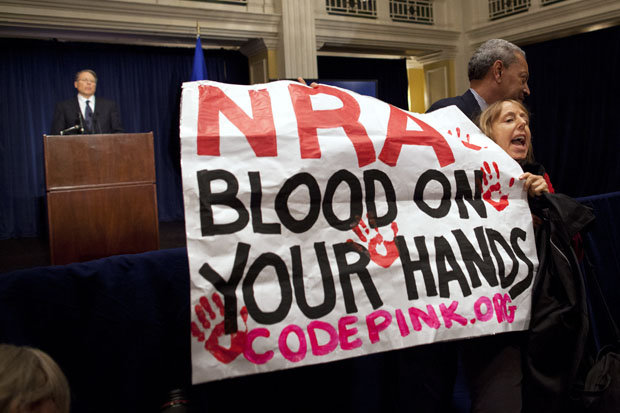Ezra Klein + Ta-Nehisi Coates: What Could Be Different in a World Without Police?

The point of this project has always been to take a look at the news and pop culture of the moment and try to dig a little bit deeper.
To spark conversations about ideas, beyond superficial reactions of: “this movie is good and I like it” or “this article is interesting and I agree with it”, by taking the focus off of opinions and instead asking questions that lead to discussions among friends. Ideally, discussions that reveal something about who we are, and what matters to us. The kind of conversations that maybe even bring us closer to some deeper truths, and to each other.
It seems like that’s the kind of discussion we’re all having right now, about one very big thing: America’s structural racism, and the police violence that’s both a symptom — and a perpetuator — of that racism.
Beyond acknowledging their validity, I’m no expert on this stuff. I’m still very much in listening and learning mode right now. So in this moment, I wanted to share someone else’s discussion. It’s between two people I admire even though I don’t always agree with them, who’ve both proven to have incredible critical minds, and who I know think deeply about the world’s problems and what we can do to fix them.
On the June 3rd, 2020 episode of the Ezra Klein Show, he and author Ta-Nahisi Coates discussed the role of the police in society, and what some alternatives might look like. The whole conversation was strangely hopeful, and though I wouldn’t normally lift such a large chunk verbatim, this exchange gave me a lot to think about — both on how to understand what’s happening today and how to imagine what the future could look like.



